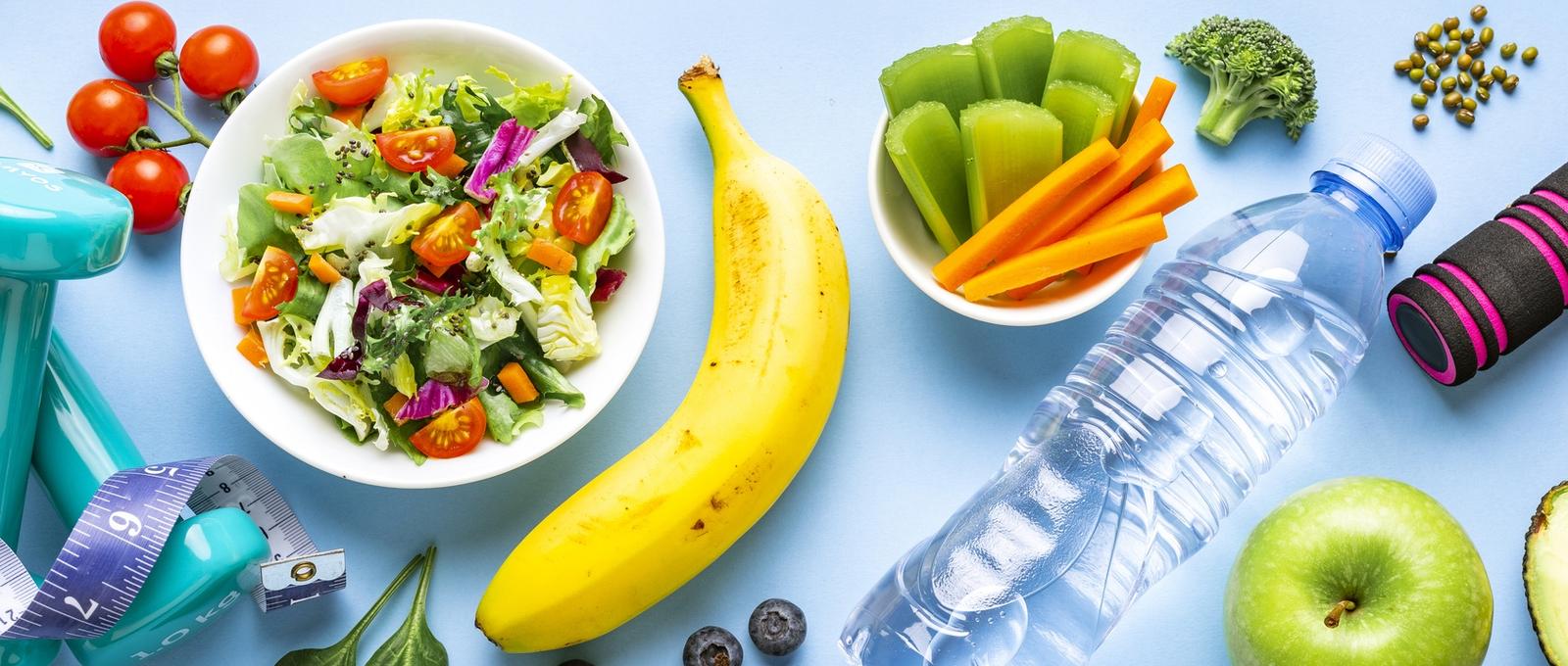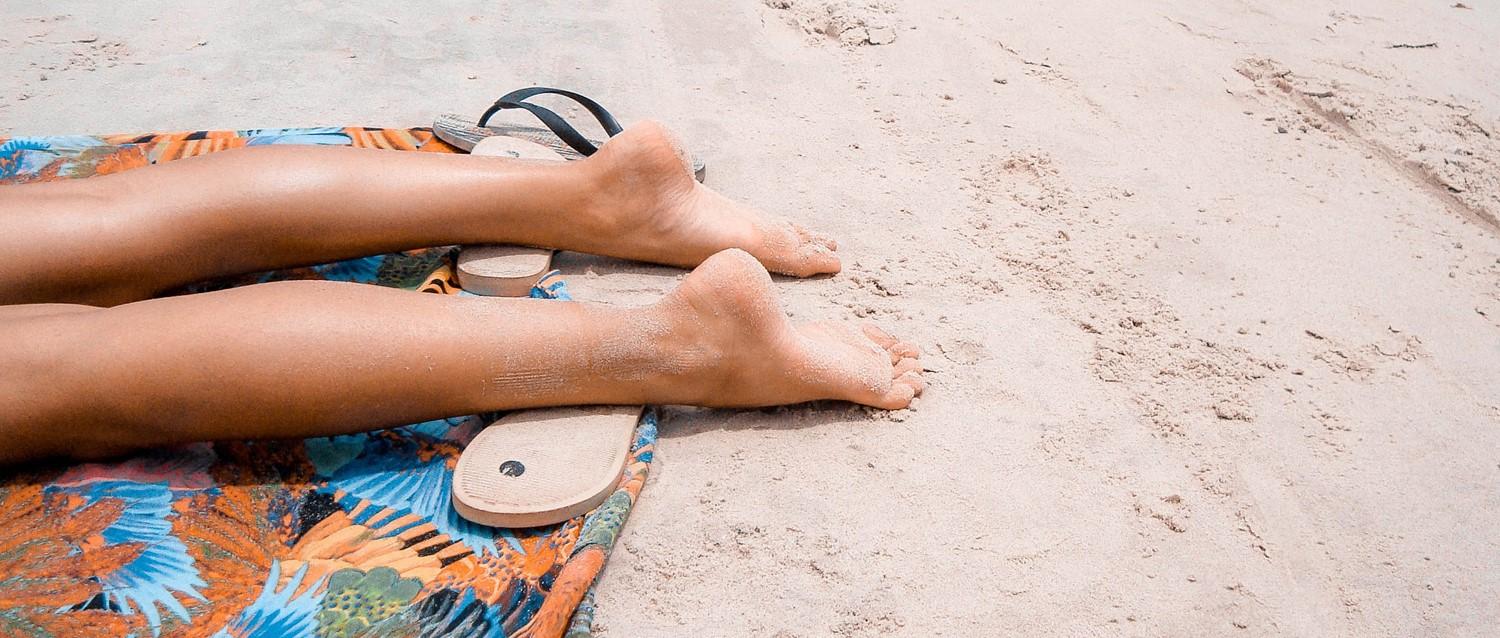
Natural remedies to help prevent water retention
Peer reviewed by Dr Colin Tidy, MRCGPAuthored by Victoria RawOriginally published 16 Jul 2025
- HerunterladenHerunterladen
- Teilen Sie
Teilen Sie
Water retention can happen for several reasons. Though some people are more susceptible to it, anyone can experience this condition - no matter your age or gender. We examine the common signs of water retention, its causes, and ways to help prevent it.
In diesem Artikel:
What is water retention?
Water retention - also called oedema - is when your body holds in too much fluid. This can lead to swelling and puffiness in certain areas such as your legs, ankles, hands and feet.
Dr Po-Chang Hsu, Alpas Wellness, Greater Boston, USA explains that your body regulates fluid balance through your kidneys, circulatory system, and hormones such as aldosterone and antidiuretic hormone (ADH).
"When this balance is disrupted - due to diet, lifestyle, or underlying health conditions - fluid may accumulate where it should not," he says.
According to Hsu there are different types of water retention.
Dazu gehören:
Generalised oedema - this affects the entire body and is often linked to medical conditions such as kidney or liver disease.
Localised oedema - this is found in specific areas, such as the legs or hands, often due to injury, inflammation, or prolonged standing.
Symptoms of water retention include:
Puffiness.
Stretched or shiny skin.
Skin that temporarily holds a dimple when pressed (pitting oedema).
What causes water retention?
Water retention can be due to variety of common causes.
Dazu können gehören:
Dietary habits.
Hormonal fluctuations.
Medizinische Bedingungen.
Lifestyle factors.
Hsu outlines how each of these causes affects your body:
Dietary choices - a high-sodium diet causes the body to retain more water to balance out the extra salt.
Hormonal changes - fluctuations in hormones during pregnancy, menstruation, or menopause can lead to temporary water retention.
Lifestyle factors - lack of physical activity, prolonged sitting or standing, and dehydration can contribute to fluid build-up.
Underlying health conditions - heart failure, kidney disease, and liver issues impair the body’s ability to regulate fluids.
Medicines - Non-steroidal anti-inflammatory drugs (NSAIDs), steroids, and certain blood pressure medicines can cause water retention as a side effect.
Catherine Gervacio, registered nutritionist-dietitian and certified exercise coach says some birth control medicines can also trigger water retention.
If your water retention is due to an underlying medical condition, your doctor may prescribe 'water pills' to help you pee more (diuretics). These stimulate your kidneys to remove excess fluid from your body.
Lesen Sie unten weiter
Natural solutions for water retention
Hsu advises, however, that the best way to prevent and manage water retention is to live a healthy lifestyle. There are various actions you can take.
Aktiv bleiben
Incorporating exercise into your daily routine - even if it's walking or gentle stretching - improves your circulation and prevents fluid from building up in your body.
"Movement keeps your blood and lymphatic systems working correctly," says Hsu.
Gervacio suggests that if your oedema makes movement difficult, consider engaging in low-impact exercises such as swimming or yoga.
Change your diet
Reducing your intake of processed foods and salt can help your body shed excess water.
Gervacio recommends you avoid heavily processed foods such as canned soups, frozen meals, chips, and fast food.
"Season your meals with herbs, spices, lemon juice, or garlic instead of salt," she suggests. "Cut back on salty snacks and eat potassium-rich foods - such as bananas, spinach, and sweet potatoes - to balance sodium levels, and add natural diuretics such as cucumber, watermelon, and parsley to your diet."
Gervacio also advises you to drink at least 8-10 cups of water a day - more if you are active - as this helps flush out excess sodium and reduce swelling in your body.
Limit certain drinks
Sugary drinks can lead to water retention by causing your body to hold on to excess fluids. For this reason, it's best to avoid beverages such as sweetened drinks and fruit juices.
Alcohol dehydrates your body. In response, your body may retain fluids to compensate for this loss.
Elevate swollen areas
Raising your legs above heart level helps reduce swelling by improving circulation. This encourages fluid movement out of your lower body.
Hsu says: "Take breaks to move around if you're sitting or standing for long periods. Compression garments such as compression socks can improve circulation, especially during travel."
Manage stress
Gervacio explains that long-term (chronic) stress through the release of cortisol - your body's stress hormone - could also lead to water retention.
Incorporating relaxation techniques into your daily routine - such as yoga, meditation, or deep breathing - can benefit both your mind and body.
When should you see a doctor about water retention?
If your swelling doesn't improve, comes on suddenly, is painful or severe, book an appointment with your doctor.
Hsu and Gervacio say this is especially crucial and you should seek immediate medical help if your symptoms are accompanied by the following:
Kurzatmigkeit.
Schmerzen in der Brust.
Atemprobleme.
Schmerz.
Rötung.
Warmth in the swollen area.
Fieber.
These additional signs could indicate something serious such as heart failure or a blood clot.
Hsu says: "Water retention can be uncomfortable, but you can manage or even prevent it with the proper steps - such as dietary changes, staying active, and addressing underlying medical issues.
"However, if symptoms persist or worsen, seek professional advice. A doctor can help identify the root cause and provide the most effective treatment for your situation."
Patient wählt aus für Schwellungen

Anzeichen und Symptome
When should you worry about swollen legs?
Swollen ankles? Your doctor has a tricky-to-spell word that means the same thing. Oedema is the medical word for any swelling caused by excess fluid under the skin.
von Victoria Raw

Anzeichen und Symptome
Ursachen, Symptome und Behandlung von Wassereinlagerungen
Sie haben wahrscheinlich gelesen, dass der menschliche Körper zu etwa 70 % aus Wasser besteht, und wir alle wissen, dass es gut für unsere Gesundheit ist, ausreichend von dem guten Stoff zu trinken. Wenn Ihr Körper jedoch zu viel Wasser oder Flüssigkeit einlagert, kann dies zu unangenehmen Symptomen führen und ein Zeichen für eine zugrunde liegende Erkrankung sein.
von Gillian Harvey
Artikel Geschichte
Die Informationen auf dieser Seite wurden von qualifizierten Klinikern geprüft.
Nächste Überprüfung fällig: 17. Juli 2028
16 Jul 2025 | Originally published
Verfasst von:
Victoria RawPeer-Review durch
Dr. Colin Tidy, MRCGP

Fragen, teilen, verbinden.
Stöbern Sie in Diskussionen, stellen Sie Fragen, und tauschen Sie Erfahrungen zu Hunderten von Gesundheitsthemen aus.

Fühlen Sie sich unwohl?
Beurteilen Sie Ihre Symptome online und kostenlos